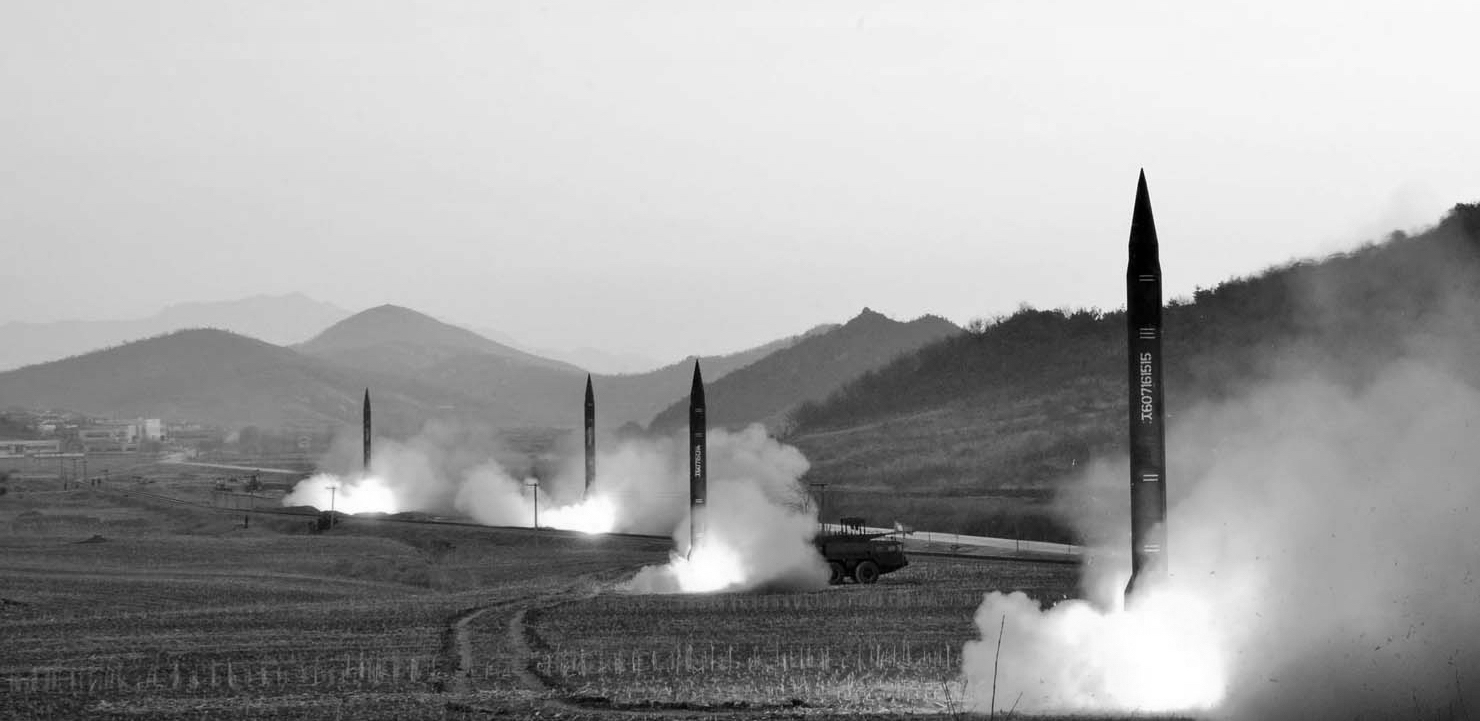
Managing nuclear proliferation crises
Few security dilemmas are more vexing than Iran and North Korea. Before the Iran nuclear agreement, Iran had a robust research program designed to produce nuclear weapons capabilities. The Islamic Republic continues to develop ballistic missile, which are technically beyond the scope of the JCPOA, but their payloads could someday include either conventional or nuclear warheads. North Korea has an active ballistic missile program, operational nuclear weapons, and a desperate need for revenue. Its neighbors ave been vulnerable to conventional and nuclear threat for more than a decade. Breakthroughs in miniaturization and re-entry that could reach the 48 contiguous United States are a matter of when, not if.
What drives these countries to pursue such weapons? What should policymakers do to slow or halt nuclear proliferation? What strategies are most likely to ensure American security now and in the long run? Does the impulse to spread values abroad complement (or conflict with) efforts to pursue vital U.S. national security interests?




